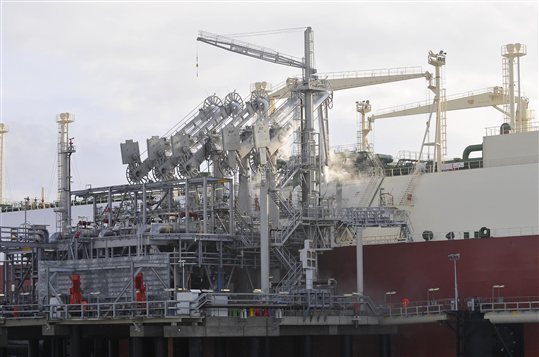
National Grid’s plan to sell its Grain LNG terminal has sparked concerns among some industry participants, with union UNISON flagging the risks raised by the divestment of an asset of strategic national interest.
“The announcement by US-owned National Grid fundamentally undermines UK energy security. This is a market-driven decision and not in the best interest of the UK,” said UNISON head of energy Donna Rowe-Merriman.
“This decision leaves UK energy security vulnerable. Any decision on the future of Grain LNG and National Grid Ventures must be part of a longer-term view in relation to energy policy and security. Any sale must be a political decision taking account of the impacts on the UK’s future energy security.”
Located on the Isle of Grain in Kent, the LNG import terminal – Europe’s largest such facility – is being expanded and will soon be able to store and deliver enough gas to meet its target of about a third of the UK’s gas demand.
Rowe-Merriman said the UK government must intervene immediately to ensure that no sale takes place before the general election, adding: “Ministers must act now – and not use the dissolution of parliament as an excuse to bury their heads in the sand on important decisions of national energy security.”
On Thursday, National Grid said it would sell Grain LNG in a bid to streamline operations and raise £6.8 billion ($8.7 billion) of capital to help fund a massive investment program.
With the shift to net zero requiring a sweeping overhaul of Britain’s power network, National Grid said it would use the proceeds to expand and strengthen the grid so it could connect new renewables projects and vehicle-charging networks, and shoulder an expected doubling of electricity demand in the push to decarbonise.
“We are… today further evolving our strategy to focus on networks and will therefore be streamlining our business as we announce our intention to sell Grain LNG,” the company said when presenting its 2023/24 business year earnings.
LNG has become a vital source of European gas imports, helping to replace Russian pipeline gas lost following Moscow’s invasion of Ukraine and damage to the Nord Stream pipeline in the Baltic Sea.

